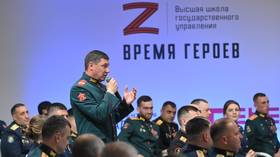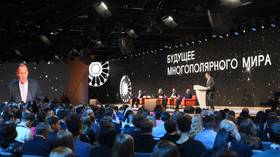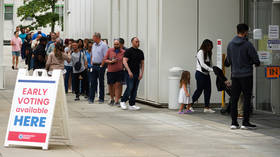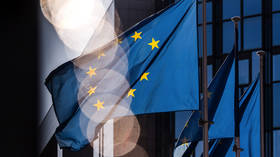Retired Soviet officer rewarded for averting nuclear war
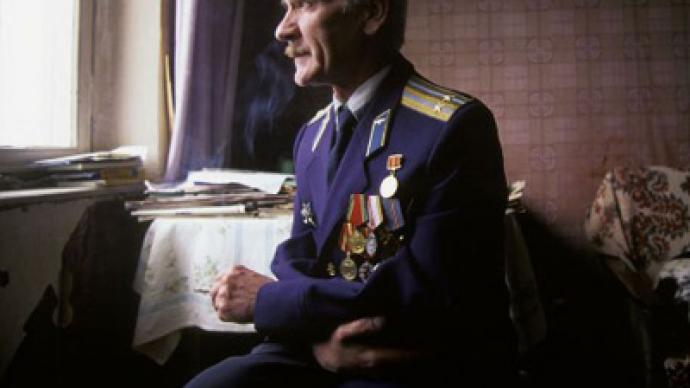
Most people become heroes for doing things. Stanislav Petrov became one through having the courage to do nothing – in the face of a potential nuclear threat.
The retired Russian Lieutenant Colonel has picked up a major humanitarian accolade, the German Media Prize, for preventing possible catastrophic all-out conflict. The previous recipients of the award include Nelson Mandela, Kofi Annan, and the Dalai Lama.
Teetering on the brink
On September 26, 1983, Stanislav Petrov was the duty officer at an early-warning anti-nuclear center just outside Moscow.The clock had just struck midnight, when a piercing warning siren began to wail.It was less than a month after the USSR had shot down a Korean passenger jet, and Cold War tensions were at their highest for years.Petrov’s computer showed that the United States had launched a ballistic missile towards the Soviet Union. In seconds, several more appeared.“I didn’t even have time to think about what I was doing, or to fill out my log. I just had to make a decision on the spot,” Petrov said in an interview with RT.Petrov’s job was to decide whether the threat was credible, and how to report it to his superiors, who’d relay the information directly to the elderly Soviet leaders.“I was the one with the information and my reaction would determine the course of action. If I told them it was an attack, it would have been easier for them to go along with this and to act accordingly than to say otherwise. The panic would have spread like in a henhouse,” Petrov says.Petrov thought it was strange that the United States, with its thousands of nuclear warheads, would begin an assault with just a few of them. The early detection system was also new and Petrov had little trust in it. But whatever the arguments he knew that all he really had to go on was a hunch.“I’ll admit it, I was scared. I knew the level of responsibility at my fingertips.”Stanislav Petrov did not report that World War III was beginning. Instead, he called his superiors and told them that this was a false alarm. When other stations did not confirm a launch, the nuclear response was called off.
Belated recognition
As it turned out the Soviet spy satellites had mistaken sunlight reflected from clouds for ballistic missiles rising from US bases.But Petrov’s sound call was not rewarded.He explains: “When the State Commission started looking into the reasons behind the false alarm, they encountered plenty of flaws in the early detection system. So my superiors were getting the blame and they did not want to recognize that anyone did any good, but instead chose to spread the blame.”The entire incident was highly classified, and even Stanislav Petrov’s name was not revealed to the public until 1993 after the fall of the Soviet Union.Since then he has been the subject of countless reports and received many awards, though primarily from abroad. In his retirement he continues to live a simple life at his country house, proud but not fixated on the events of September 26, 1983.He says: “At first when people started telling me that these TV reports had started calling me a hero, I was surprised. I never thought of myself as one – after all, I was literally just doing my job.”
Igor Ogorodnev, RT


